One of the things I get asked about the most through my facebook page, or on my Instagram account @lowhistaminekitchen is the low histamine diet, or what I like to think of as ‘living the low histamine life’.
As I am diagnosed with MCAS (mast cell activation syndrome), eating a low histamine diet is one of the central aspects of my treatment alongside other measures.
But what is a low histamine diet? And how can you live a 'low histamine life'? I know I was totally confused when I was advised to eat low histamine, and hadn't heard of such a diet before I became unwell. While keto, paleo and other diets are pretty mainstream now, the same isn't true of low histamine. In this post, I hope to answer some of the most frequently asked questions on the low histamine life from a patient perspective.
This post is for general informational purposes only and does not constitute medical or dietetic advice in any way. It is important that all persons follow the advice of their doctor as to appropriate medications, supplements and dietary choices.
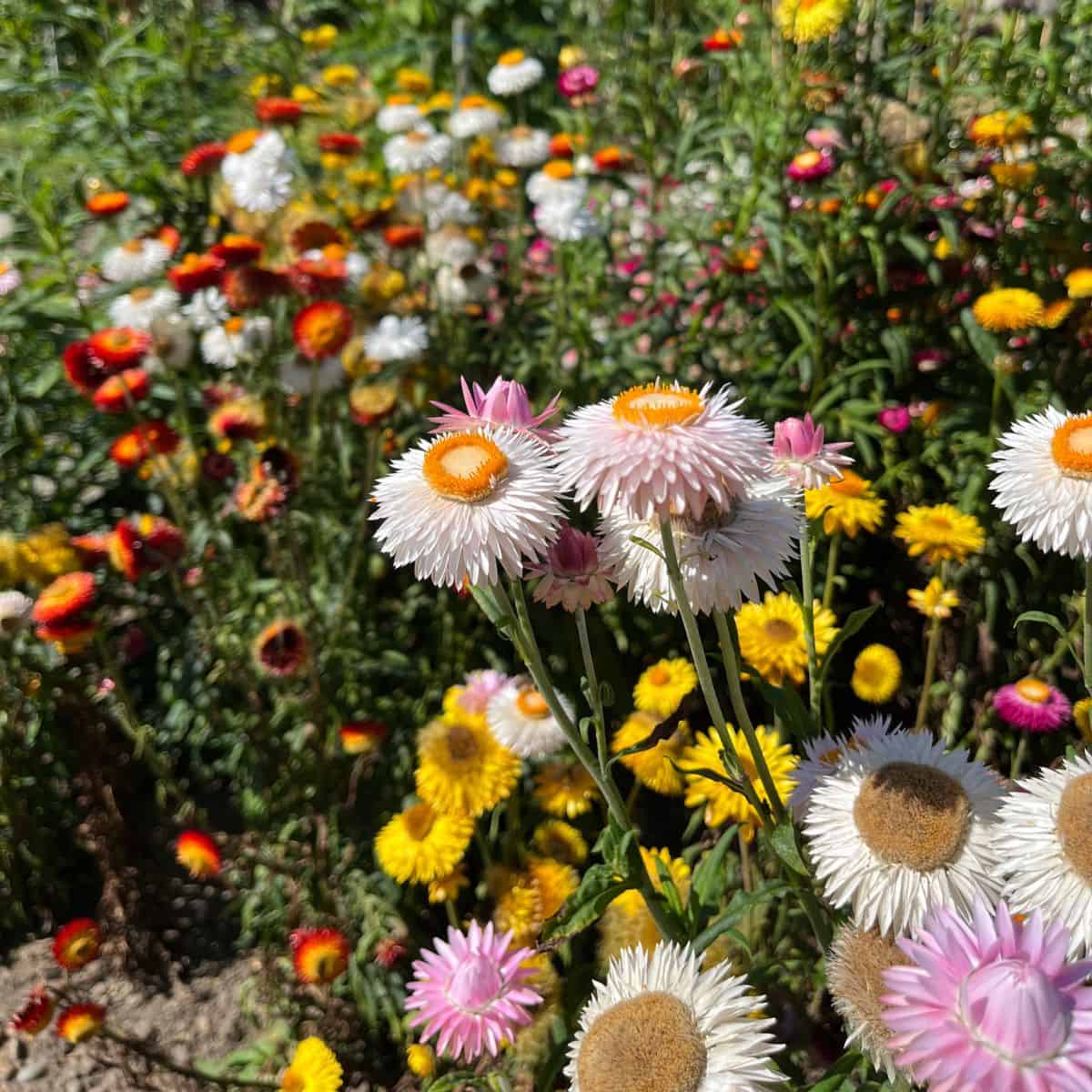
Jump to:
- Why do you follow a low histamine diet?
- There are lots of low histamine diets online, and they contradict each other! Which should I choose?
- Which supplements do you take that can help with MCAS?
- Are there any books that provide information on MCAS?
- How do I put meals together on a low histamine diet?
- Which snacks are suitable on a low histamine diet?
- How do I eat at a friend's house on a low histamine diet?
- Are there any organisations that I can consult?
- Related posts
- 💬 Comments
Why do you follow a low histamine diet?
Most people would follow a low histamine diet if it were recommended to them by their doctor or dietician due to a medical condition such as MCAS or histamine intolerance (although this may not be appropriate treatment for all, so it is imperative that you follow the advice of a medical professional).
This type of diet is restrictive, so it is important that you follow the advice of your doctor or medical team. Personally, I also found having an appointment with a dietician that specialised in low histamine diets to be invaluable.
There are lots of low histamine diets online, and they contradict each other! Which should I choose?
When I was first advised to follow a low histamine diet I was handed a blurry photocopied sheet with a short list of foods on it. Initially I thought that there wasn’t too much restriction until I realised that it cut out whole categories of food. It stated ‘all nuts’, ‘most cheese’, and ‘most fish’ amongst other things. Not very helpful – which fish were ok? Which cheeses were ok? At this point I looked online and discovered inconsistencies between different lists, which made me even more confused than I already was.
After seeing a dietician, I was recommended the work of the Swiss Interest Histamine Group. Their list details individual foods rather than categories of food. So it tells you which nuts are considered well tolerated, and which are not, and the same with cheese, fish and more. I find it much more helpful as it means that I can have a broader range of foods in my diet and that can only be a beneficial thing for most of us. It also makes it easier to make delicious low histamine recipes!
Of course, each of us are different, so I would advise following the advice of your doctor, and being attentive to any individual food sensitivities that you may have. If you are advised to eat a low histamine diet and are new to this way of eating, my blog post ’10 tips to starting a low histamine diet’ may be useful. I know I was very daunted when I first began, so hopefully my tips will be helpful!
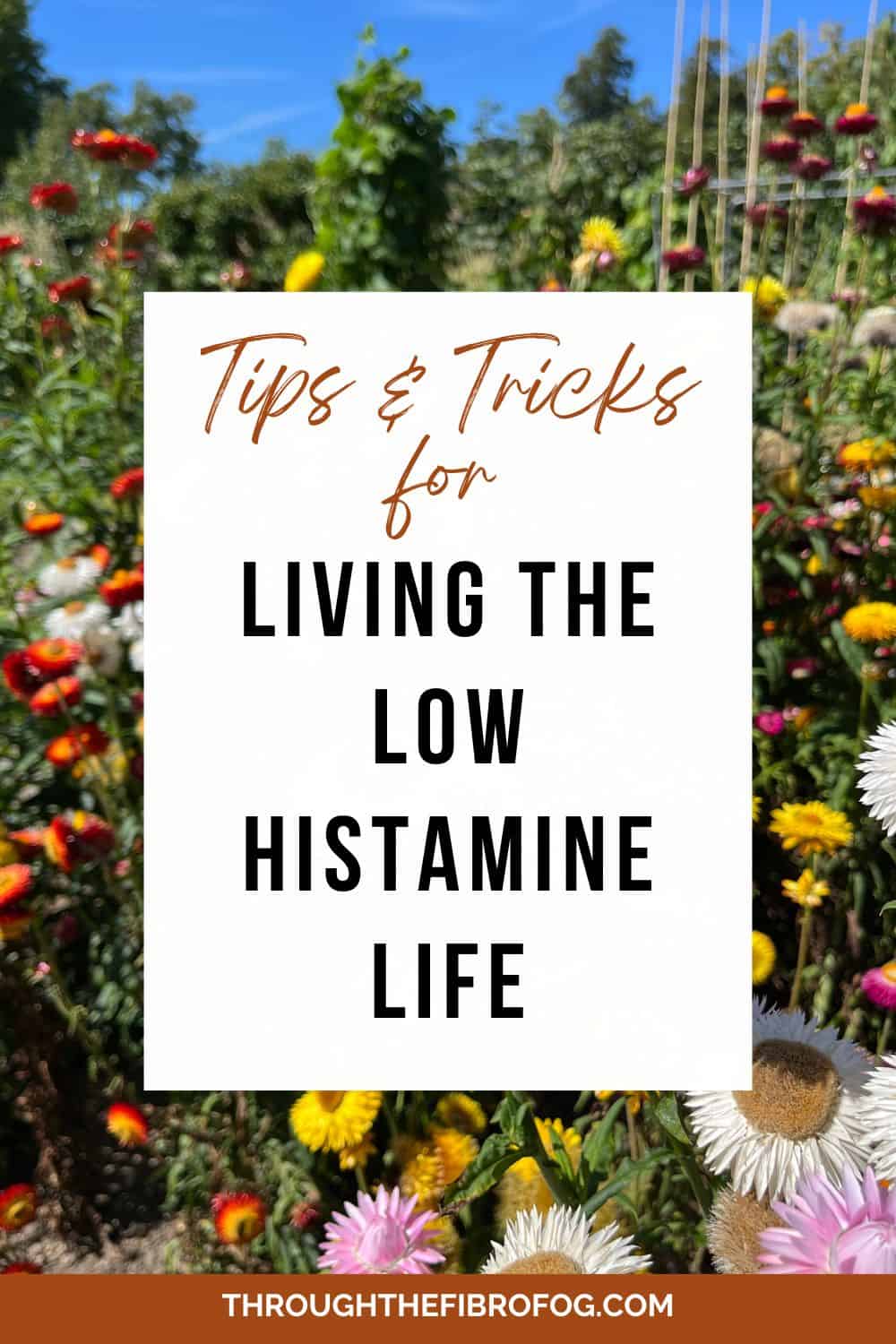
Which supplements do you take that can help with MCAS?
All persons should follow the advice of their doctors as to the appropriate medications and supplements for their particular circumstances. My current regime, as prescribed my doctor, involves mast cell stabilisers and anti-histamines, as well as supplements. The supplements that I was recommended to take for MCAS specifically, and for general health, and the brands I use are:
Quercetin - as an earlier blog post on quercetin set out, some studies show evidence that quercetin has mast cell stabilizing activity. I definitely saw an improvement in my symptoms when I started to take quercetin each day. However, I have heard some people find it difficult to take, so only do so after consulting with your doctor.
Vitamin D - my doctor recommended the BetterYou D Lux 3000iu oral spray. There is also a lower dose spray - BetterYou D Lux 1000iu oral spray, if you require more of a maintenance dose rather than a high dose. This spray is great if you prefer not to take tablets, have any problems with swallowing tablets or have issues with malabsorption as it goes straight into the bloodstream rather than being processed by the digestive system. I love how simple it is to use, and it has a nice taste too!
Iron tablets - also for general health, and because I used be on the low-side, I have been advised by my doctors to take iron tablets. I was initially prescribed ferrous fumarate but really struggled with GI issues with the tablets, which my doctor said was a common side-effect.
Then a dietician recommended that I try Solgar gentle iron, which contains iron bisglycinate and, as the name suggests, more gentle on the stomach and non-constipating. I'm so glad that she told me about this product as my iron levels are now normal, and I don't have any side-effects from the tablets. I take mine at lunchtime with vitamin C as this helps their absorption.
Are there any books that provide information on MCAS?
I find it really helpful to have a couple of books on each of my conditions to refer to when I want to ‘check-in’ with my condition, especially if I am having a flare-up of symptoms. I prefer books which aren’t just orientated towards medications but also provide a more comprehensive approach in terms of lifestyle changes that may be beneficial, such as supplements, relaxation and more.
For MCAS, the books I have found most helpful are:
Written by Dr Lawrence Afrin, a world-renowned expert on MCAS, this huge book details almost everything you would ever need to know about the condition, its diagnosis, symptoms and more!
Mast Cells United: A Holistic Approach to Mast Cell Activation Syndrome
Written by Amber Walker, this book is great for its overall approach to the condition in terms of medications and lifestyle changes such as diet, exercise and healing practices.
My Crazy Life: A Humorous Guide to Understanding Mast Cell Disorders
As the title suggests, this is a light-hearted account from a person with MCAS and her journey to diagnosis and treatment options for the condition.
For books on the low histamine diet:
Mast-cell Friendly and Low Histamine Cooking: Diet Guidance and Recipe Collection
This book is by the Swiss Interest Group Histamine Intolerance, which is the histamine scale that I use to 'score' ingredients in my low histamine recipes and is the basis of the diet that I follow. Simple recipes and lots of information!
The 4-phase histamine reset plan.
This book looks at histamine intolerance and offers a 'reset' plan, with low histamine recipes.
Histamine intolerance: the cookbook.
Lots of recipes for those on a low histamine diet.
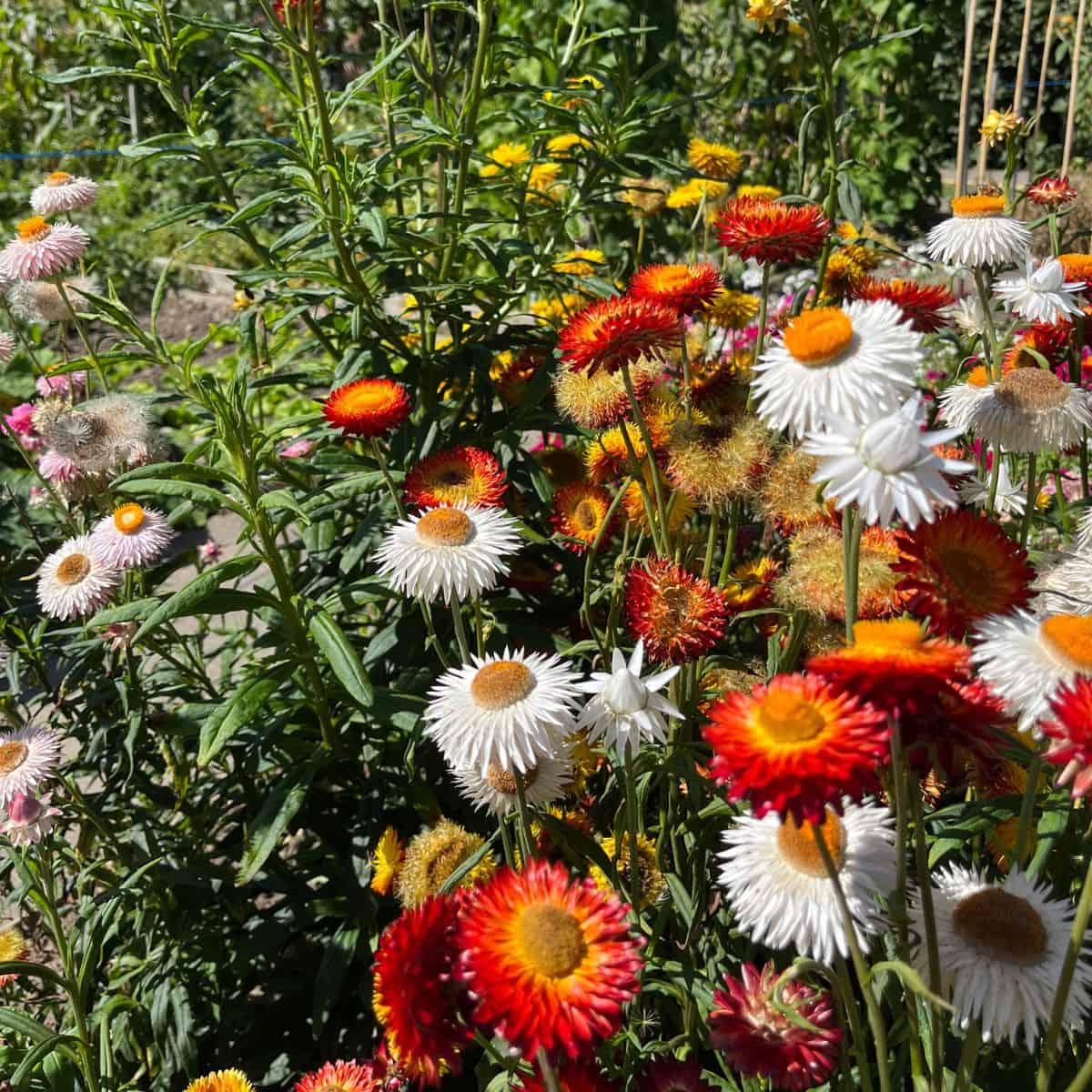
How do I put meals together on a low histamine diet?
I would start with the basics - work out the store cupboard ingredients that are low histamine, so oils, nuts, seeds, herbs and spices, packets of rice, quinoa, oats and pasta. Then figure out the proteins, depending upon any other dietary requirements, so meat, fish, eggs and dairy.
Once you have those, make a go-to list of low histamine fruit and vegetables, and work from there. As you will see on my low histamine recipes page, it is pretty simple to make breakfasts from oats or smoothie bowls, while lunch and dinner can focus on soups, salads, 'bowl meals' using quinoa and risottos. Over time you can come to make ingredient swaps so that you can still, hopefully, eat your favourite meals. I'm currently working on a low histamine pizza recipe, because it is for sure my 'desert island' dream meal!
There are also lots of easy ways to make a meal that you used to enjoy low histamine-friendly. My post on simple low histamine diet food swaps gives some suggestions for changing up foods and some products that may be suitable for you. My favourite 'swap' is to use roasted red bell peppers in place of tomatoes to make sauces for pasta!
Have a look at my post on low histamine meal prep for some ideas for foods you can freeze for later too!
Which snacks are suitable on a low histamine diet?
This is probably my most-asked question in terms of foods! Which is fair enough – I am a big fan of snacks as well and will always have something in my bag when I am out and about. If you prefer to eat a whole foods diet, without any processed foods, then allowed nuts, seeds and fruit are a good place to start.
My flax seed crackers are a favorite on the blog as they are simple to make and only contain seeds and water – nothing else! My turmeric energy balls are a great option for a snack you can take out with you to work, school or anywhere you are going really!
If sandwiches or rice cakes work for you, then have a peek at my ideas for low histamine sandwich fillings for some tasty ideas!
For other snacks, the following may be suitable:
Oat cakes (spread them with fresh cream cheese!)
Carrot or celery sticks with pumpkin seed butter
Coconut chips
Popcorn (plain)
Although I can eat and drink these products, and they contain low histamine foods according to the diet I follow, it is the case that being able to tolerate certain foods such as coffee may be individual depending upon our own sensitivities. Have a chat to a dietician or doctor if you are unsure of any foods for your particular dietary requirements, as set out in the disclaimer.
How do I eat at a friend's house on a low histamine diet?
This can be tricky, it is true. If you are seeing a good friend who knows and understands your health conditions, then perhaps you could make a suggestion of a dish to make that keeps to low histamine foods.
Easy things are probably best - salads, soups, or a tapas-style spread of breads, allowed cheese, salads etc. If this isn't possible then you could suggest that you bring your own meal and heat it up there if necessary, or suggest having a picnic at the beach, local park or even the back garden if it is the summer months where everyone brings their own or a few dishes to share.
Are there any organisations that I can consult?
The main organisation that I am aware of for people with MCAS is Mast Cell Action, which has a really informative website.
If you are in the UK, then the Facebook group MCAS (UK only) is full of helpful discussions around symptoms, doctors and more. The admins are also very involved, which is great.
Related posts
How to stick to a low histamine diet
Low histamine herbs and spices
I'm active on Instagram, Facebook and Pinterest if you would like to follow along for more low histamine recipes and resources!
Don't forget to pin this post!
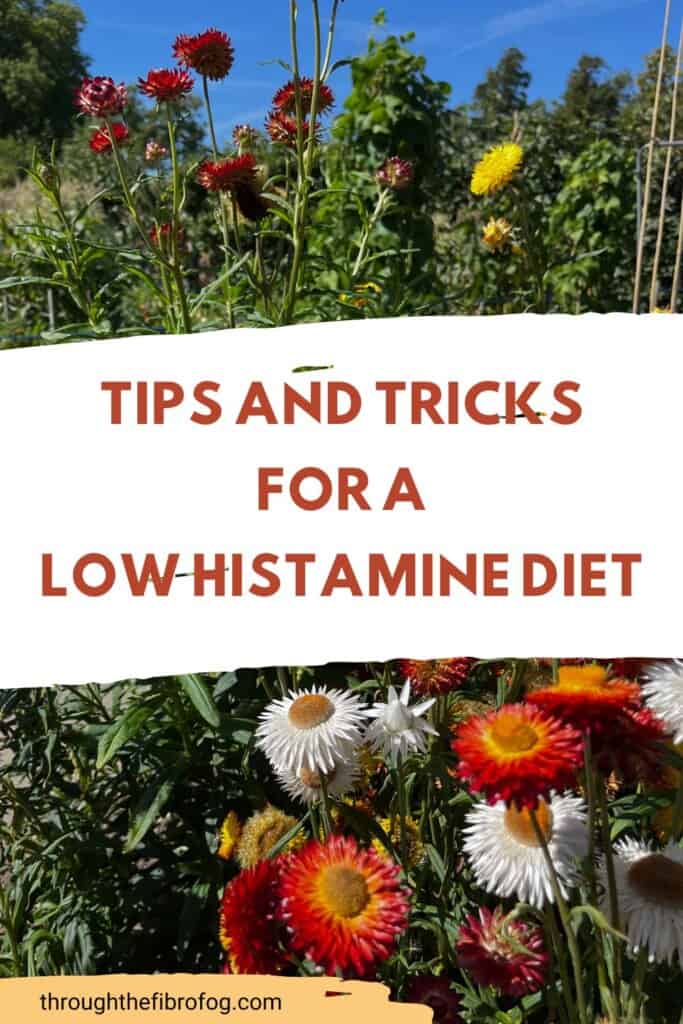

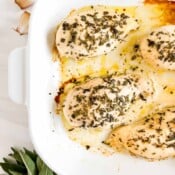
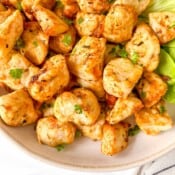
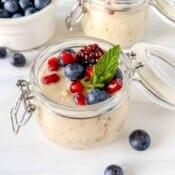
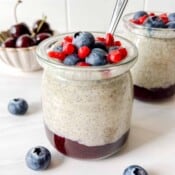
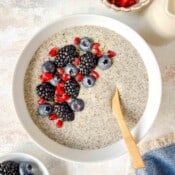
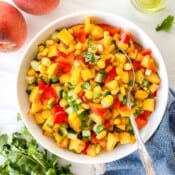
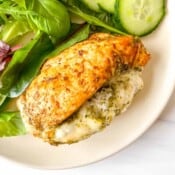
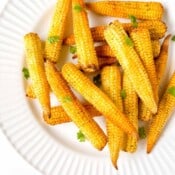
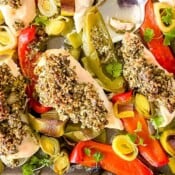
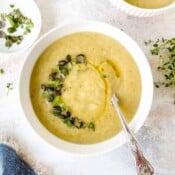
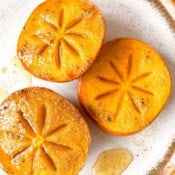
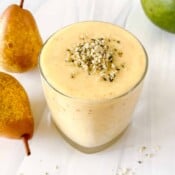
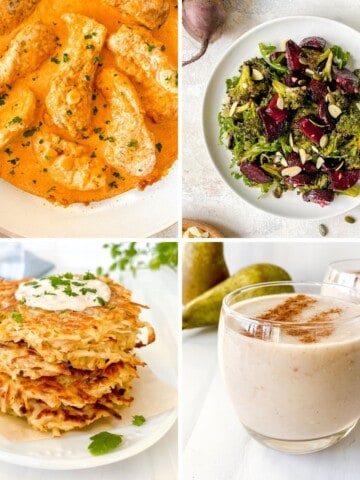
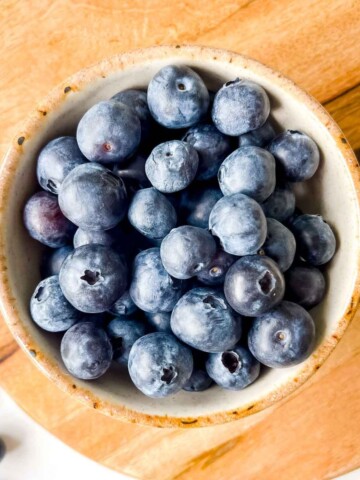
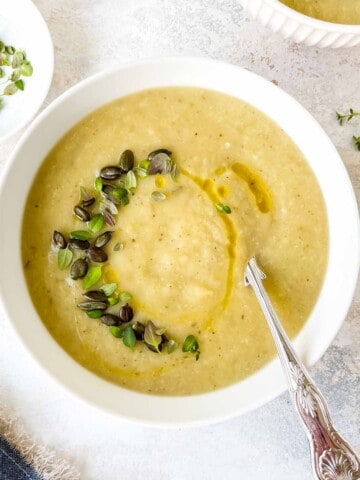
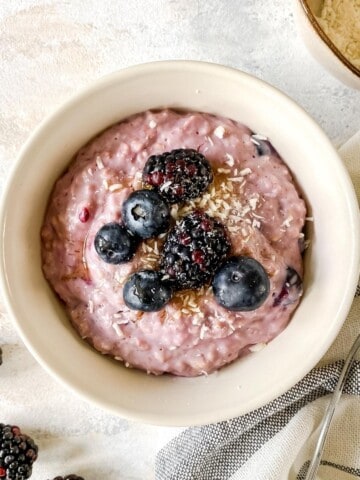
Stephanie says
Thanks for all the info!
Claire says
You're welcome!